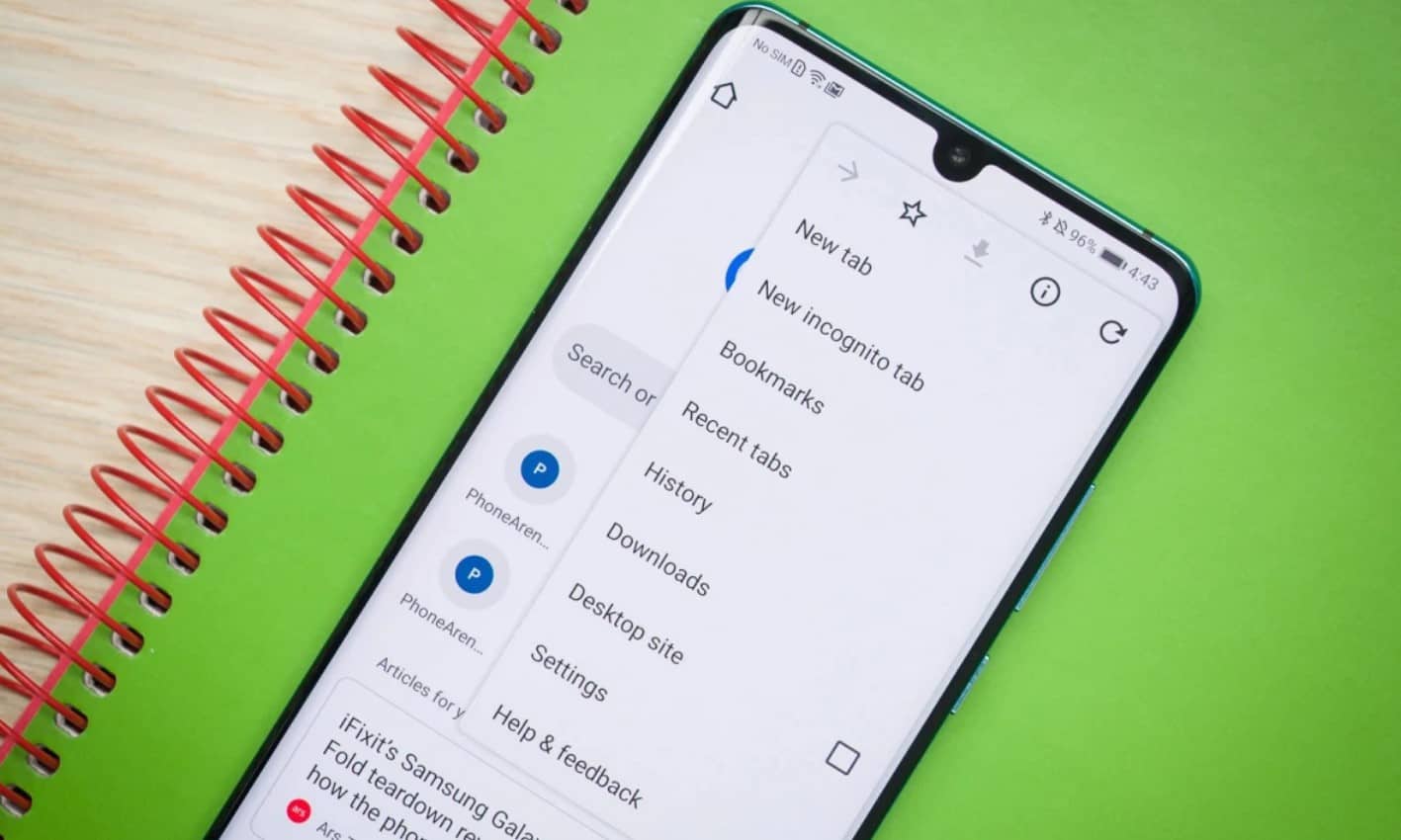Earlier this week, Google quietly released an updated interface for Chrome on Android, displaying open tabs in a grid instead of as stacked cards. Beyond this aesthetic change, though, the update also includes tab groups, one of the most flexible and powerful features for desktop Chrome. Here’s what tab groups can do, and how you can enable or disable this new feature.
Firstly, the new layout has been enabled by default on many devices, especially Pixels. If you’re on the latest version of Chrome but still see your tabs arrayed as overlapping cards, you can head over to chrome://flags/#enable-tab-grid-layout and enable it manually. Then, after restarting Chrome (twice), the change should stick. Conversely, if you really like the old layout, you can do the reverse and manually disable the option.
Technically, the feature has been around since the middle of last year, but it’s only now that tab groups escaped the realm of beta and officially joined the mainstream feature set.
Once you have tab groups up and running, you can test it out by dragging and dropping any tabs together to group them. Each group of tabs will display how many tabs are affiliated with it, and tapping it will expand the group to display its tabs, similar to app folders in the home screen.
Even without this manually drag-and-drop, though, Chrome will automatically group tabs when you long-press a link and open it in a new tab. This way, any pages you open in the background will be instantly grouped with the tab you’re currently on. This is especially useful for things like comparing different products when online shopping.
When you view a tab that’s in a group, Chrome also displays a collapsible ribbon on the bottom with an icon for every page in that group, so you can easily switch between different tabs in the same group. Again, great for comparing information from various tabs or miscellaneous multitasking.
By and large, it’s a pretty faithful execution of the desktop feature, but there are a number of significant differences. The desktop version allows you to rename your tab groups and assign one of eight colors to easily distinguish it. On the other hand, the mobile version doesn’t have this but instead allows you to instantly see how many tabs are in a group—something the desktop browser doesn’t show you.
Are you excited to see this new feature land on Android? Or will you be sticking to the older layout?

